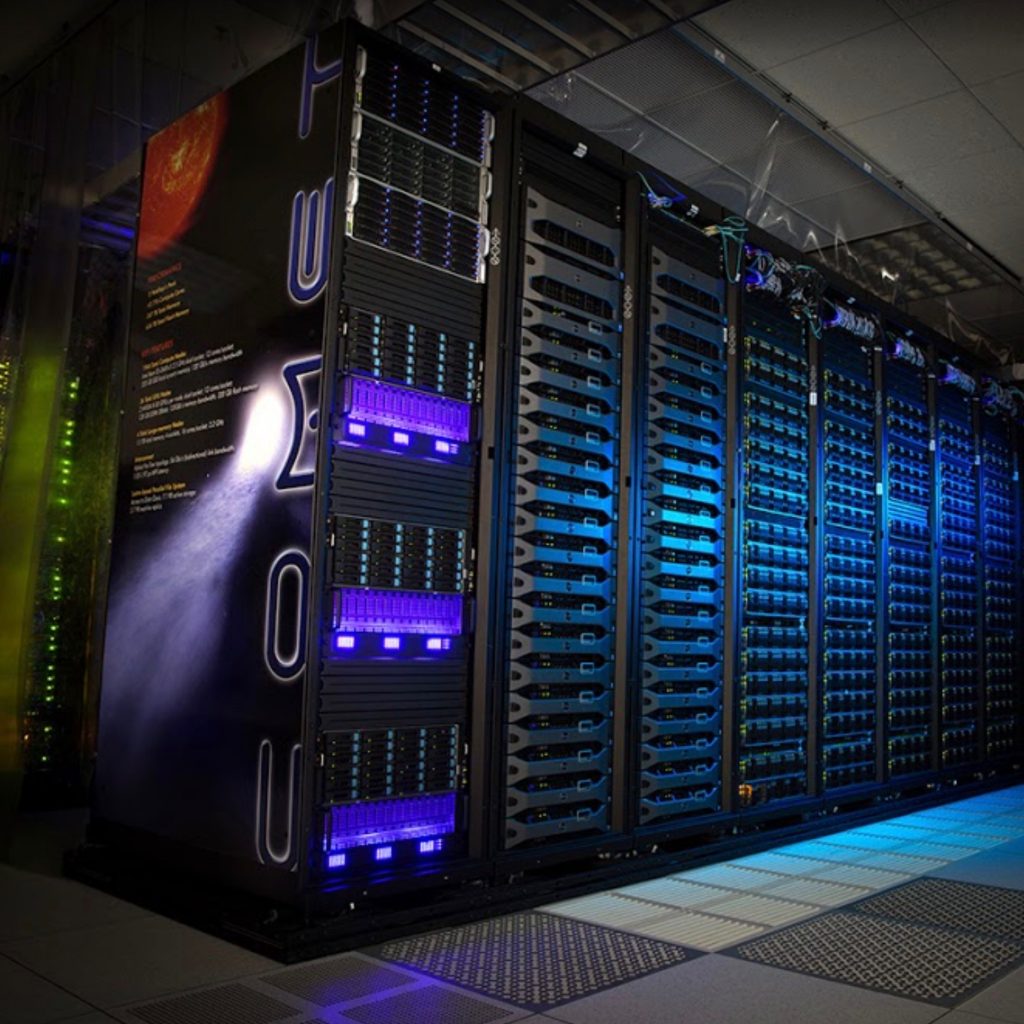
Japanese supercomputer predicts tornadoes in real-time
Fujitsu, in collaboration with Yokohama National University, announced a revolutionary breakthrough in natural disaster prediction. For the first time in the world, scientists have managed to create technology capable of predicting the occurrence of multiple typhoon-related tornadoes in real-time.
The key to success was the use of optimized large-scale parallel data processing technology combined with an improved Cloud Resolving Storm Simulator (CReSS) weather simulator, developed by Professor Kazuhisa Tsuboki. The simulator runs on Fujitsu’s Fugaku supercomputer, enabling high-precision modeling of both large-scale typhoons and small tornadoes simultaneously.
The effectiveness of the new technology was demonstrated with a real example: during the simulation of tornadoes accompanying Typhoon No. 10 in the Kyushu region in August 2024, the prediction time was reduced from over 11 hours to an impressive 80 minutes. This allowed predicting the appearance of tornadoes four hours before their formation. Notably, only 5% of Fugaku’s computational resources were used for calculations, opening prospects for even larger and faster predictions in the future.
The development has special significance for Japan, where about 20% of tornadoes occur specifically during typhoons. Although the country began issuing tornado warnings in 2008, their prediction remained challenging due to the small scale and short duration of these natural phenomena. Until now, tornado warnings had an effective period of about one hour.
The project started in November 2022 as part of the Fujitsu Small Research Lab program and was aimed at addressing social problems related to typhoon intensification amid global warming. Scientists plan to release an improved version of the CReSS simulator to the research community by the end of fiscal year 2024, which should significantly improve extreme weather prediction and enhance measures to reduce damage from natural disasters.
